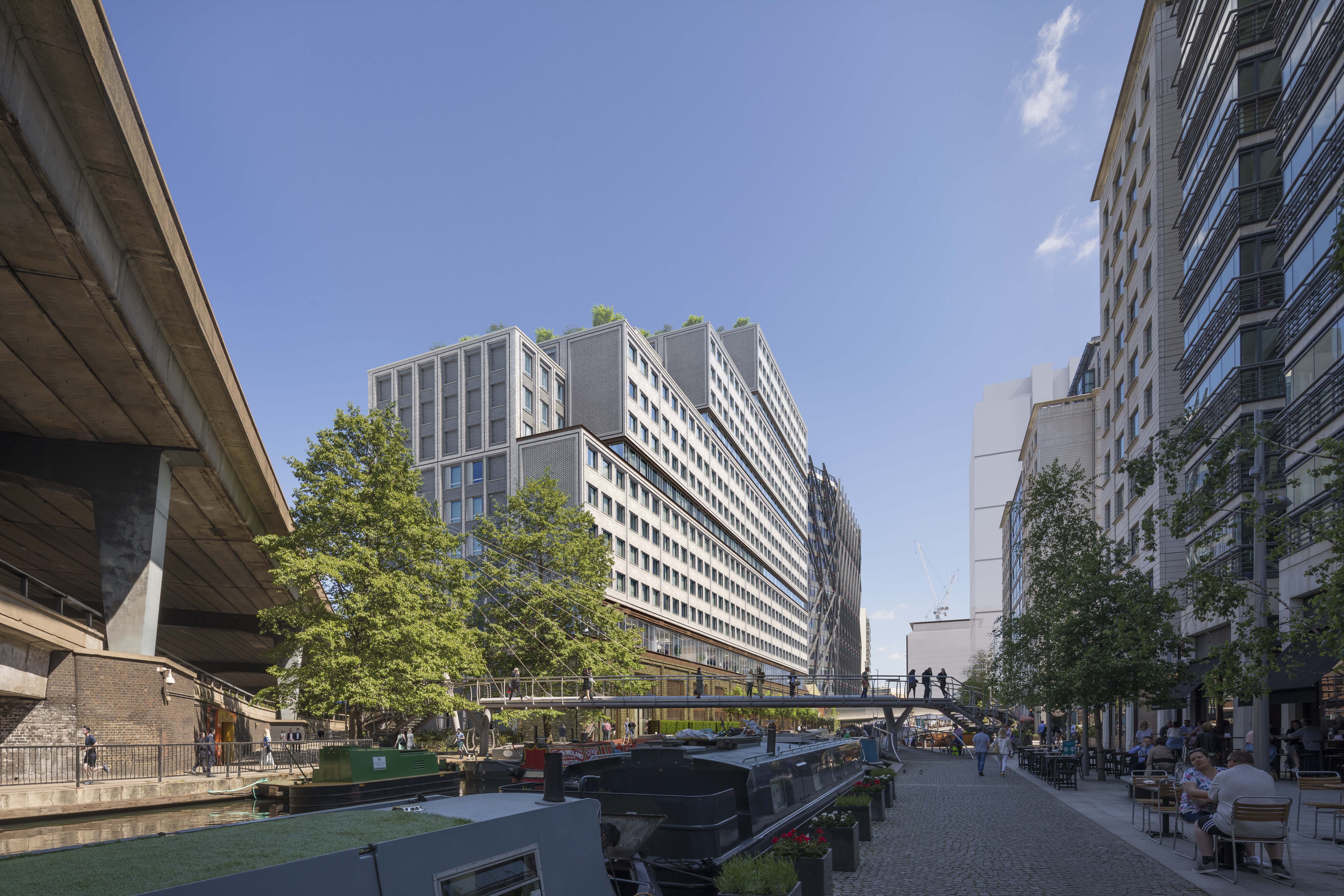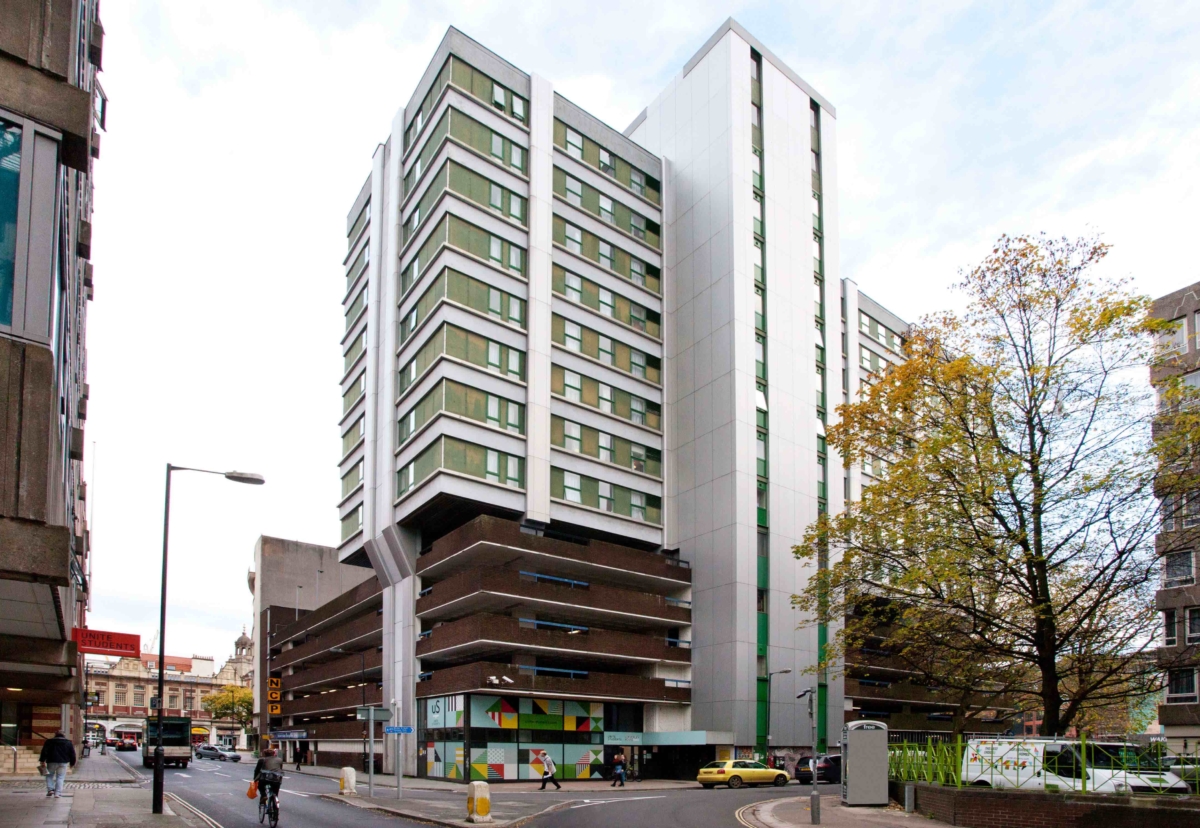Unite, which completed replacement work on all buildings fitted with Grenfell-style ACM cladding last year, said it was committed to replacing the cladding over the next 12 to 36 months.
Around a year ago the student home builder estimated that it would spend around £20m replacing HPL. But following detailed surveys it has now put the cost at nearly £100m.
The firm this morning said it would seek to mitigate the costs of cladding replacement through claims from contractors under build contracts, and was confident of recovering a proportion of its share of replacement costs.
Richard Smith, chief executive of Unite Students, said: “We are committed to going above and beyond minimum standards to provide a safe and secure environment for our students and employees.
“We were one of the first companies to take action to remove aluminium composite materials cladding from our buildings where needed and, in line with Government advice, have undertaken a thorough review of the use of high-pressure laminate cladding on our properties.
“Following additional assessments during the period, we have now identified 22 high-rise properties with HPL cladding within our portfolio. In line with our value of doing what’s right, we will remove this cladding where it fails to meet regulations. All of our properties have been independently reviewed by fire safety experts and confirmed safe to operate and occupy.”
He confirmed that Unite’s share of the total £96m cost would be around £45m.

Paddington scheme at former Travis Perkins site is aiming to the most environmentally sustainable purpose-built student accommodation blocks in the UK
The firm also revealed it has submitted plans for its first “fully net zero carbon” student accommodation scheme in Paddington, London.
The 833-bed project will cost around £147m to deliver and forms part of a £582m spending pipeline on new projects over the next four years.
It also recently exchanged contracts to acquire a 1,000 bed development site in Stratford, east London on a subject to planning basis.
Total development costs are estimated at £160m with the scheme targeted for delivery for the 2025/26 academic year.
Despite current cost pressures, Unite said it continued to see opportunities to add to its development pipeline at attractive returns and would factor expected inflation into appraisal of future schemes.
Smith said: “We are seeing some upward pressure on build costs, which typically account for 50-70% of our total development costs, reflective of supply chain pressures in securing materials as economies reopen and a reduced supply of EU labour post-Brexit.
“Build cost inflation is currently running at c.3-5% p.a. but we anticipate a softening over the next 6-12 months as supply chains begin to normalise.
“Development costs are already fixed for our 2022 completions through design and build contracts. We will be entering into build contracts on our 2023 schemes in the coming months and anticipate that current cost pressures could reduce development yields by c.10-20 basis points.”










.gif)






























 (300 x 250 px).jpg)













